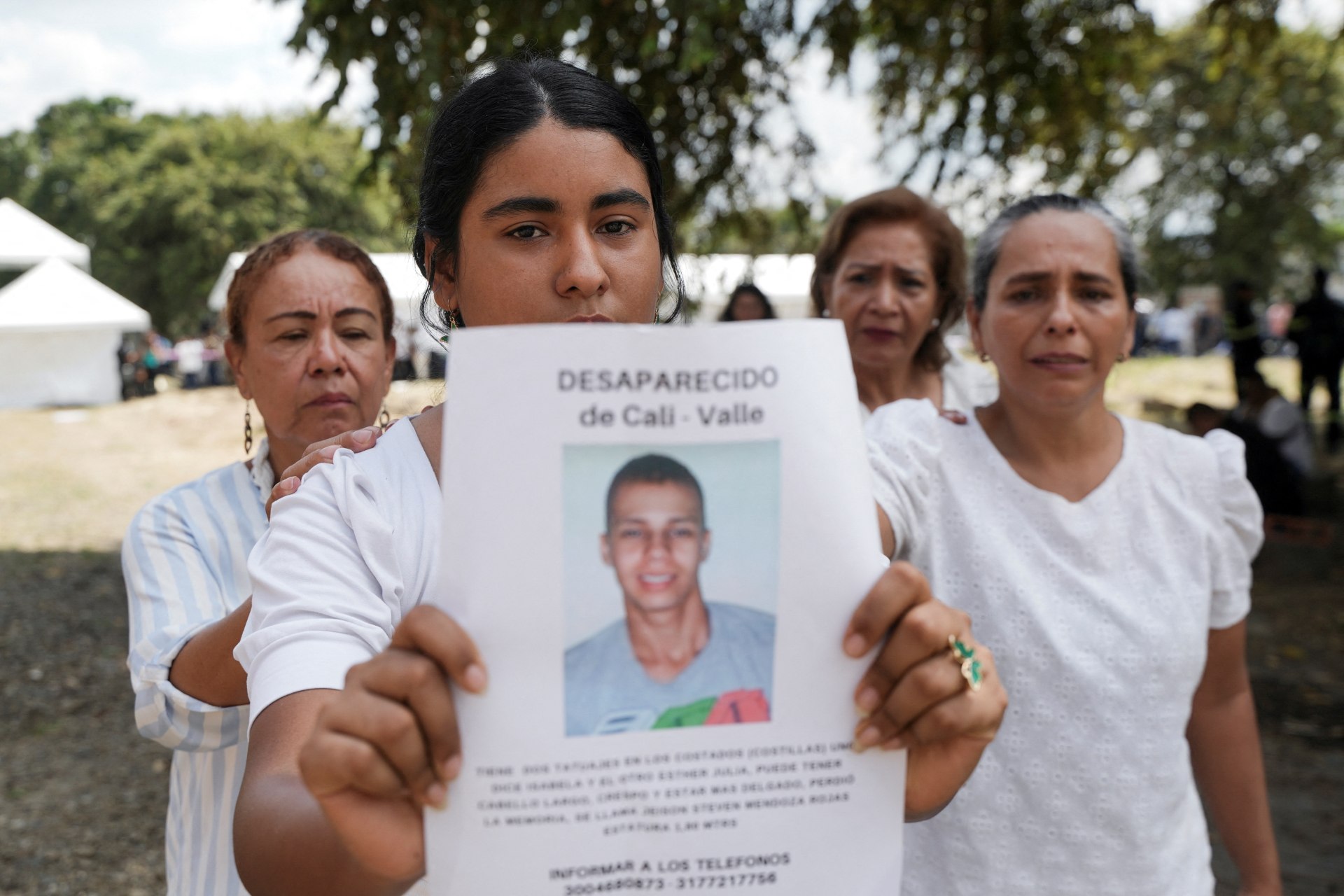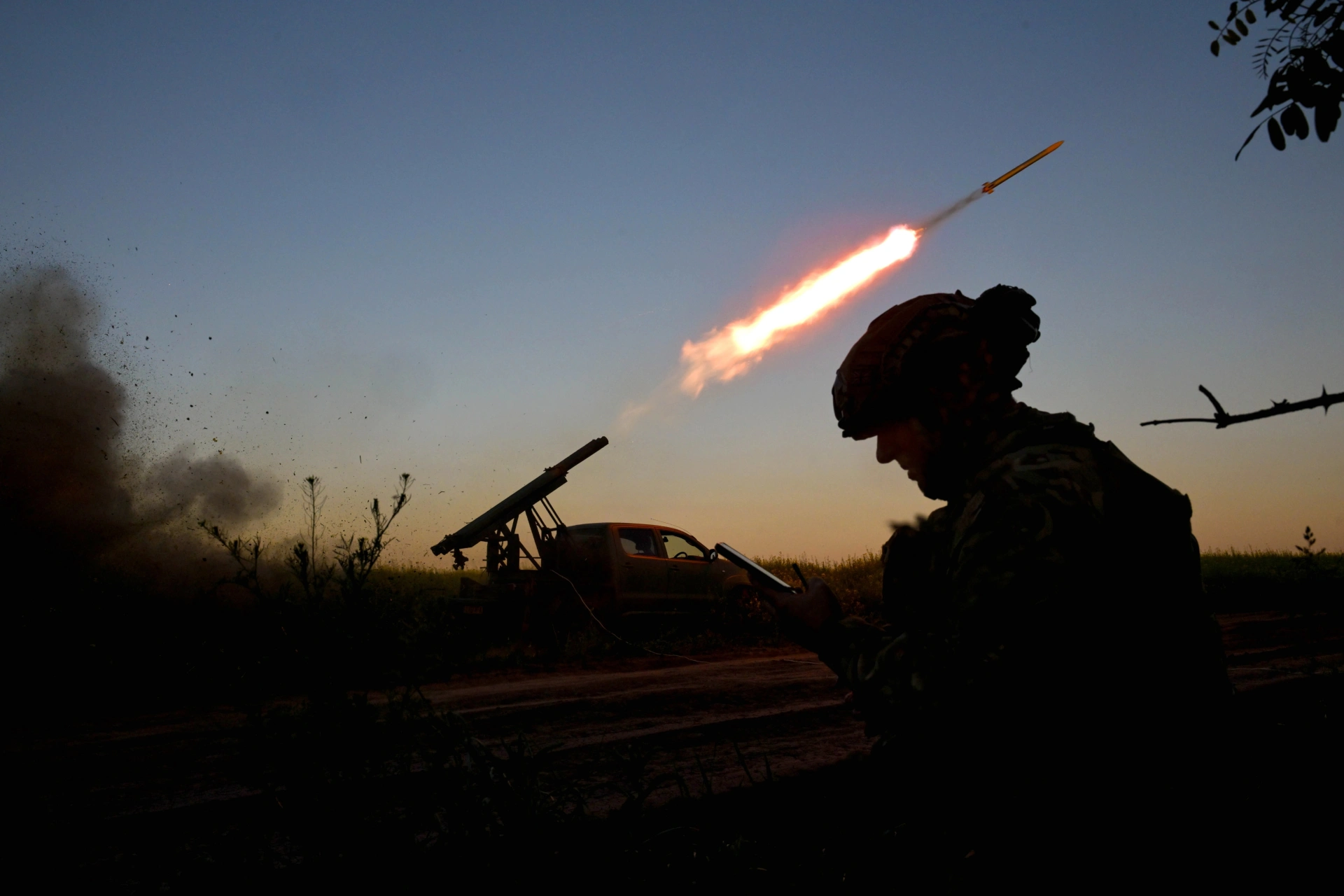Perspectives on a Changing World Order
Overview
Although the world seems destined to grow more competitive, congested, and contested in the coming years, the logic of major power cooperation remains inescapable. Any effort to shape a new international order that is stable, inclusive, and beneficial to all must be a collaborative undertaking.
BY
- Paul B. StaresGeneral John W. Vessey Senior Fellow for Conflict Prevention and Director of the Center for Preventive Action
- Qingguo Jia
- Nathalie TocciDirector, Istituto Affari Internazionali
- Dhruva Jaishankar
- Andrey Kortunov
Overview
Observers of world affairs like to point to a defining moment or pivotal event to proclaim the end of one era and the beginning of another. Not surprisingly, the novel coronavirus pandemic has already spawned much speculation that the world will undergo profound change as a consequence, even that contemporary history will forever be divided between what happened before coronavirus and after coronavirus. However, historical eras—and certainly international orders—rarely, if ever, hinge on singular events. They are simply too entrenched to change rapidly. For this reason, it is more accurate to identify transitional periods that span the rise and fall of specific international orders. In these periods, elements of the old order are still discernible, albeit functioning below their peak, while features of the new order are clearly emerging and playing a more influential role.
Just such a situation appears to exist today. The international order largely constructed by the United States in the aftermath of World War II is still very much in evidence, but, at the same time, the global distribution of power is inexorably shifting with the rise of new powers as well as influential nonstate actors. The United States is also growing more reluctant to bear the costs of world leadership, especially when it comes to using military force. China and Russia, along with lesser regional powers, have taken advantage of this reticence in recent years to assert their own interests and to undermine the United States’ international standing and authority.
In addition, the benefits of the U.S-led order and, in particular, the many international agreements that the United States has championed to open up the world to the free flow of goods, services, ideas, and people, no longer look so promising—not least to many Americans. This shift has caused a public backlash against globalization not only in the United States but also in many Western countries.
Where all this leads is by no means certain. The major powers either do not comprehend the risks of the current transitional period or they do not have a clear vision for a new international order that will be broadly acceptable and thus considered legitimate by most other states. If anything, mistrust and friction is steadily growing among them. The prospect of a war breaking out between two or more of the major powers, something that was generally considered to be risibly improbable just a few years ago, is no longer unimaginable.
The prospect of a war breaking out between two or more of the major powers is no longer unimaginable.
With these concerns in mind, the Center for Preventive Action (CPA) at the Council on Foreign Relations launched the Managing Global Disorder project with the generous support of the Carnegie Corporation of New York. At the outset, CPA thought it valuable to get different perspectives on the state of the world from leading scholars in each of the major powers. Each scholar was asked to address a common set of questions about the current international order and their answers, which were drafted before COVID-19, varied considerably.
Qingguo Jia from China argues that the post–World War II order is not ending but is clearly in “serious trouble” as a result of recent developments. Military conflict among the major powers, particularly between the United States and China, remains unlikely, however, given the shared incentives to avoid such a catastrophe. Their relationship will nevertheless grow more competitive. If the current international order is to be sustained for the benefit of all, the leading powers will need to work together to reform its working practices and institutions in a mutually satisfactory and sustainable way.
Nathalie Tocci from Italy is much less sanguine. She sees the liberal international order as “fraying” badly, and though the risk of war is not preordained, “potent drivers” are at work that make it more likely. The European Union, she argues, needs to wake up to the evolving reality of growing rivalry among the major powers and develop a coherent and practical new strategy for defending EU interests and preserving the multilateral institutions of the current rules-based international order. The world will become more unstable and dangerous if the practice of multilateralism is replaced by narrow, nationalistic approaches.
The world will become more unstable and dangerous if the practice of multilateralism is replaced by narrow, nationalistic approaches.
Dhruva Jaishankar from India also views the world as in a transitional phase, but, unlike Jia and Tocci, sees it evolving in a more complex way with elements of unipolarity, bipolarity, and multipolarity coexisting uneasily. He shares Tocci’s concern, however, that if current multilateral approaches to international problem-solving become “undermined, bypassed, or disregarded,” then the risk of great power conflict will increase. To avoid the world growing more fragmented and dangerous, existing global governance institutions will need to adapt and new ones be created to accommodate rising powers.
Andrey Kortunov from Russia sees the world as entering a period of increasing volatility if the leading powers do not adjust to its new realities and new imperatives. In contrast to the other commentators, however, he sees the greater risk stemming less from great power competition and more from the uneven reach and benefits of globalization. The major powers, he argues, should not only develop new crisis management mechanisms but also work together to ensure that global institutions are able to manage these growing international schisms.
While each of these scholars views the world today and the challenges that lay ahead in different ways, they share a common belief that the opportunity to shape a new international order that is stable, inclusive, and beneficial to all still exists, though the window to do this is growing smaller. The experience of earlier transitional periods suggests that any effort to reform or create a new global order must be a collaborative undertaking. Although the world seems destined to grow more competitive, congested, and contested in the coming years, the logic of major power cooperation is inescapable.
This is the first Discussion Paper in the Managing Global Disorder series, which explores in greater depth how to promote a stable and mutually beneficial relationship among the major powers that can in turn provide the essential foundation for greater cooperation on pressing global and regional challenges.
The Council on Foreign Relations acknowledges the Carnegie Corporation of New York for its generous support.
Professors: To request an exam copy, contact [email protected]. Please include your university and course name.
Bookstores: To order bulk copies, please contact Ingram. Visit https://ipage.ingramcontent.com, call 800.937.8200, or email [email protected]. Include ISBN 978-0-87609-006-0.t





